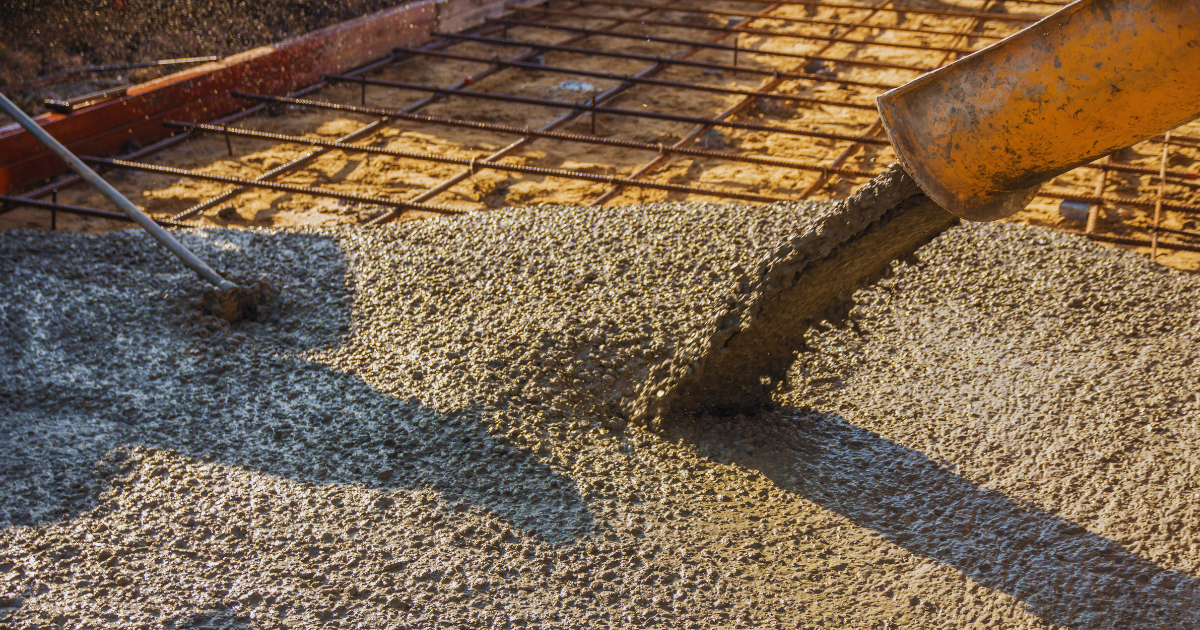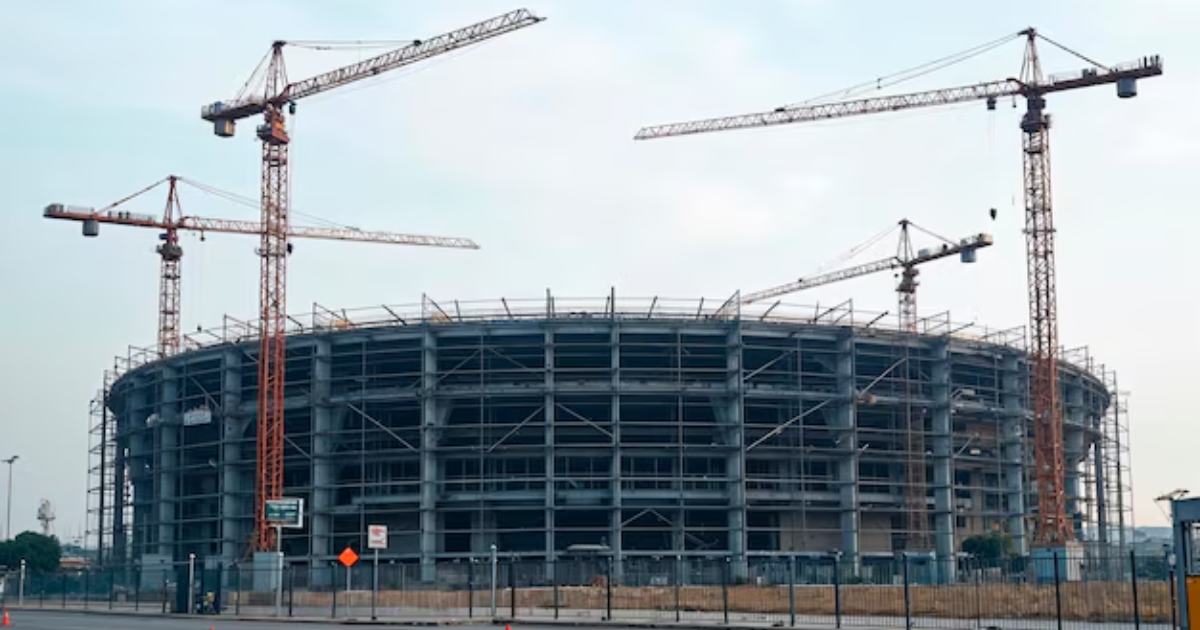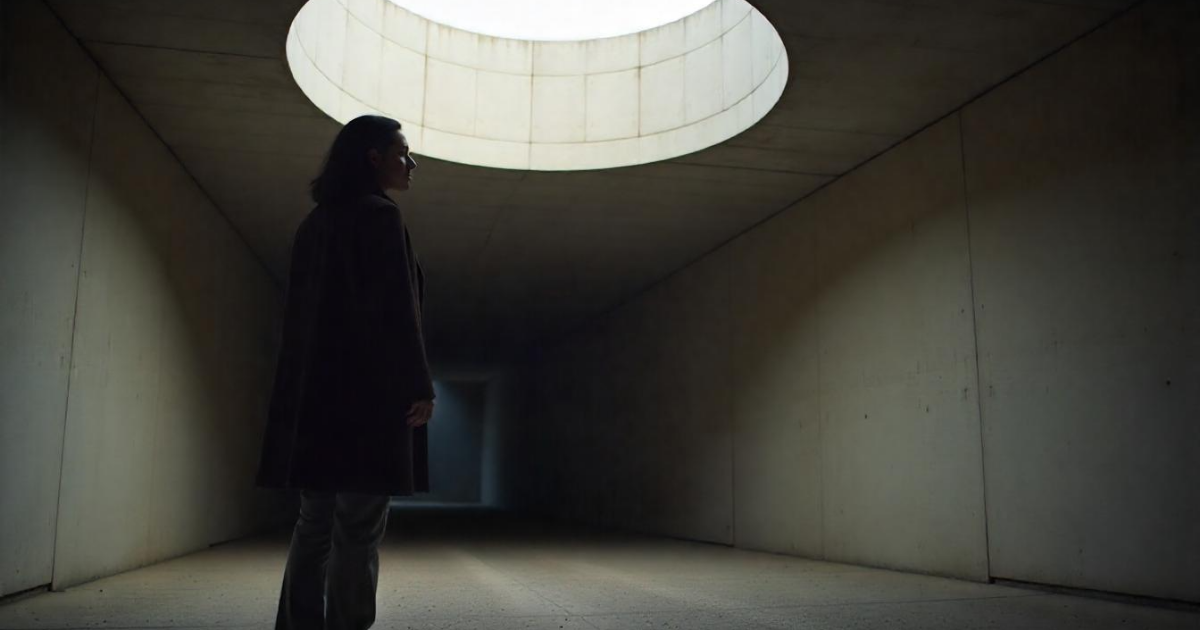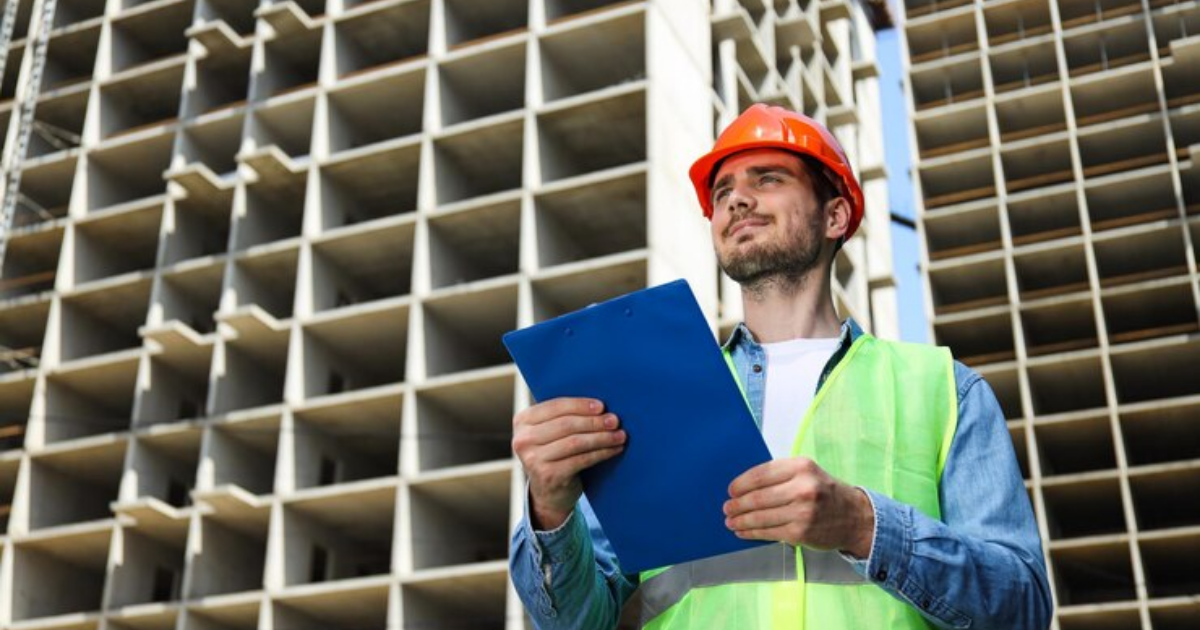Selecting the best RMC concrete for your construction project is crucial for ensuring durability, strength, and overall success. Ready mix concrete (RMC) has revolutionized the construction industry by providing a consistent, high-quality material that can be customized for various applications. In this comprehensive guide, we’ll explore the best RMC concrete options, their benefits, and how to choose the perfect ready-mix concrete for your project.
What is RMC Concrete?
Ready-Mix Concrete (RMC) is a type of concrete that is manufactured in a batch plant according to a set engineered mix design. It is then delivered to a construction site in a ready-to-use state. The primary ingredients of RMC are cement, water, aggregates (sand, gravel, or crushed stone), and admixtures, which enhance certain properties of the concrete.
Advantages of Using RMC Concrete
Choosing the best RMC concrete offers numerous advantages over traditional site-mixed concrete, including:
- Consistency: RMC is produced under controlled conditions, ensuring a uniform mix with consistent quality.
- Time-Saving: RMC is delivered ready-to-use, saving time on-site that would otherwise be spent on mixing.
- Cost-Effective: While the initial cost may be higher, RMC reduces labor costs and material wastage.
- Enhanced Quality: The precision of the mix design leads to higher quality and durability.
- Environmental Benefits: Batch plants can implement waste reduction and recycling measures more effectively.
Choosing the Best RMC Concrete for Your Project
Selecting the best RMC concrete involves understanding your project’s specific needs and requirements. Here are some factors to consider:
1. Project Requirements
Identify the structural requirements and load-bearing capacity needed for your project. This will help determine the strength grade of the concrete mix. The best RMC concrete for a high-rise building may differ from that needed for a residential driveway.
2. Environmental Conditions
Consider the environmental conditions where the concrete will be used. Factors such as temperature, humidity, and exposure to chemicals can affect the performance of concrete. The best RMC concrete should include admixtures that enhance resistance to these conditions.
3. Workability
Workability refers to how easily the concrete can be placed and compacted without segregating. The best RMC concrete should have the right workability for your specific application, whether it requires pumping, spraying, or traditional pouring methods.
4. Durability
Durability is crucial for the longevity of your structure. The best RMC concrete should be designed to withstand the specific stresses it will encounter over its lifespan, including freeze-thaw cycles, abrasion, and chemical exposure.
5. Supplier Reputation
Choosing a reputable supplier is essential to ensure the best RMC concrete. Look for suppliers with a track record of delivering high-quality products and reliable service.
Types of RMC Concrete
Different types of RMC concrete are designed to meet various construction needs. Here are some common types and their applications:
1. Standard Ready-Mix Concrete
This is the most commonly used type of RMC, suitable for a wide range of applications such as residential buildings, commercial structures, and infrastructure projects. It offers a good balance of strength and workability.
2. High-Strength Concrete
High-strength concrete is designed for projects that require higher load-bearing capacity, such as high-rise buildings, bridges, and industrial facilities. It typically has a compressive strength greater than 6,000 psi.
3. Self-Compacting Concrete (SCC)
SCC is a highly flowable type of RMC that can spread and fill formwork without the need for mechanical vibration. It is ideal for complex forms, congested reinforcement, and situations where a smooth surface finish is desired.
4. Fibre-Reinforced Concrete
This type of RMC incorporates fibres (such as steel, glass, or synthetic materials) to enhance the concrete’s tensile strength and durability. It is commonly used in industrial floors, pavements, and structures requiring high impact resistance.
5. Pervious Concrete
Pervious concrete is designed to allow water to pass through it, reducing runoff and promoting groundwater recharge. It is ideal for parking lots, walkways, and areas requiring efficient drainage.
Steps to Finding the Best RMC Concrete
To find the best RMC concrete for your project, follow these steps:
1. Assess Your Needs
Determine the specific requirements of your project, including structural needs, environmental conditions, and any special considerations such as workability or durability.
2. Consult with Experts
Discuss your project with concrete specialists or structural engineers who can provide insights and recommendations on the best RMC concrete mix for your needs.
3. Research Suppliers
Identify reputable RMC suppliers in your area. Look for reviews, testimonials, and case studies to gauge their reliability and product quality.
4. Request Mix Designs
Ask potential suppliers for mix designs tailored to your project specifications. Compare these designs to determine which supplier offers the best RMC concrete that meets your requirements.
5. Consider Logistics
Evaluate the supplier’s ability to deliver the RMC concrete to your site in a timely manner. Consider factors such as distance, delivery time, and the supplier’s fleet capabilities.
6. Review Quality Control Measures
Ensure that the supplier has robust quality control measures in place. This includes regular testing of raw materials and finished products, as well as adherence to industry standards and regulations.
Benefits of Choosing the Best RMC Concrete
Selecting the best RMC concrete for your project offers several benefits:
- Enhanced Performance: High-quality RMC concrete ensures better structural performance and longevity.
- Reduced Costs: While the initial cost may be higher, the long-term savings in labor, maintenance, and repair make it a cost-effective choice.
- Environmental Sustainability: Opting for the best RMC concrete can contribute to sustainability goals through efficient use of materials and reduced waste.
- Increased Safety: Consistent and reliable concrete reduces the risk of structural failures, enhancing overall safety.
Conclusion
Choosing the best RMC concrete is a critical decision that can significantly impact the success of your construction project. By understanding the different types of RMC concrete, assessing your specific needs, and selecting a reputable supplier, you can ensure that your project benefits from the highest quality materials. The best RMC concrete not only enhances the durability and performance of your structures but also contributes to cost savings and environmental sustainability. Make informed choices and invest in the best RMC concrete to achieve outstanding results in your construction endeavors.
Hindustan RMC stands out as the premier choice for ready-mix concrete in Ahmedabad. With our QCI RMCMA certification, specialty concrete solutions, commitment to transparency and communication, state-of-the-art testing facilities, and industry-leading certifications and approvals, we are dedicated to delivering unmatched quality and service to our customers. Trust Hindustan RMC to be your reliable partner in building the foundations of your dreams.
Choose Hindustan RMC for your next construction project and experience the difference in quality, reliability, and service.







